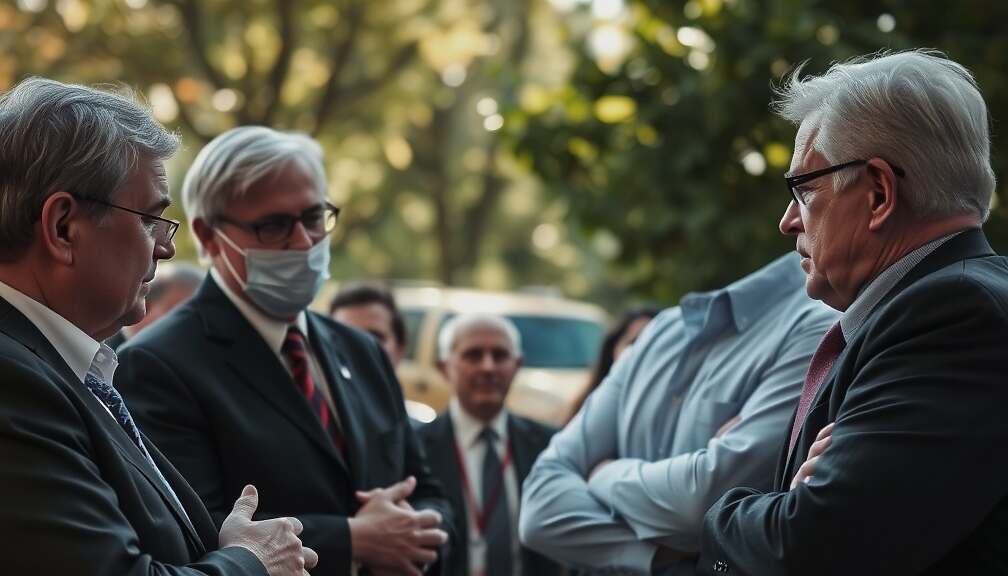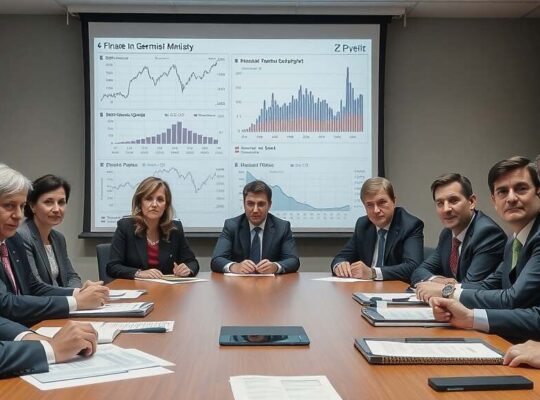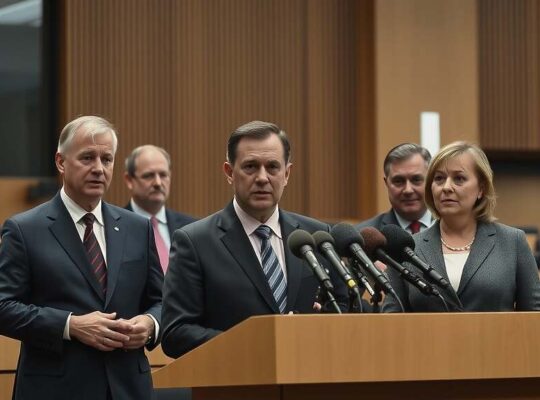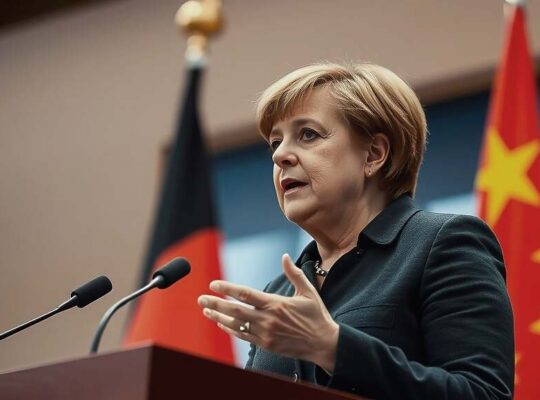The Social Democratic Party (SPD) in Germany is staunchly opposing any relaxation of the European Union’s carbon pricing mechanism, arguing that such a move would constitute a detrimental race to the bottom. Nina Scheer, the SPD’s spokesperson for energy policy in the Bundestag, emphasized to the weekly publication “Das Parlament” that Germany cannot afford to compromise its climate ambitions to maintain competitiveness.
While acknowledging that high energy prices in Germany present a challenge to its economic viability, Scheer insisted that any adjustment to carbon pricing must be contingent on global consensus regarding emission reduction frameworks. The need to protect Germany’s climate leadership remains paramount, even as the nation grapples with the economic repercussions of its ambitious energy transition.
Recent government measures aimed at mitigating energy costs, such as subsidies for grid fees and reductions in electricity taxes, represent partial relief but are not a justification for diluting the carbon pricing system. Scheer cautioned that effectively abandoning the existing framework without a demonstrably superior alternative would be a setback for climate protection. She underscored that carbon pricing is only one tool in the fight against climate change and that safeguarding climate progress requires careful planning and the development of more effective instruments before dismantling existing ones.
Despite the continued global reliance on fossil fuels, Scheer vigorously defended Germany’s energy policy, highlighting the international adoption of the term “Energiewende” – a testament to the influence of German political decisions. She believes that maintaining leadership in this area facilitates crucial advancements on a global scale. This commitment, she maintains, is about more than simply reducing consumption; it’s about shaping the international conversation and driving transformative change, even if it presents short-term economic difficulties. Critics, however, contend that this unwavering commitment, particularly in the face of economic pressures, risks isolating Germany and hindering broader international cooperation on climate action.












